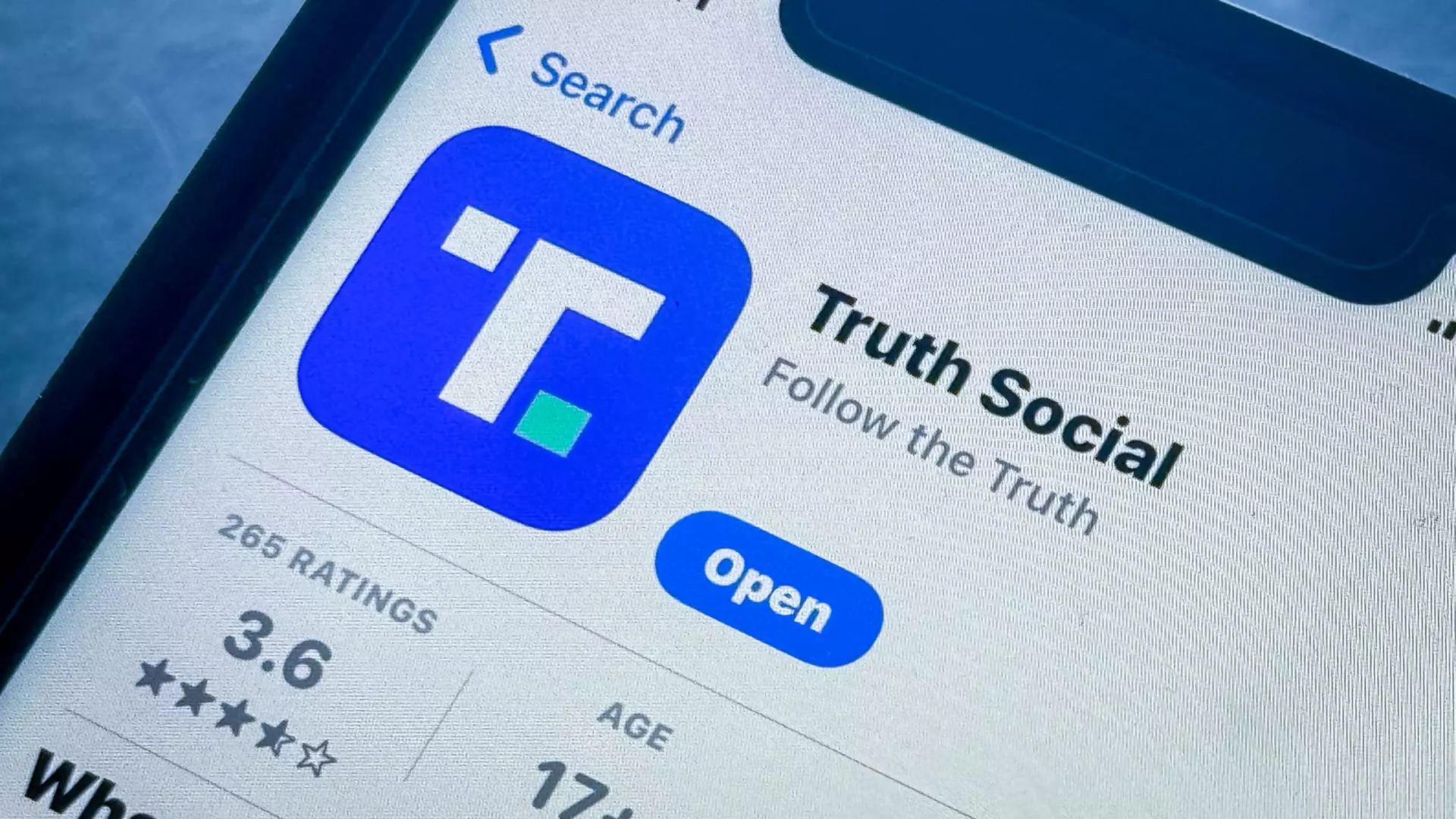In an unexpected turn of events on Wednesday morning, Trump Media’s stock (DJT) experienced an impressive spike of over 11%. This rise comes after a protracted period of declining stock prices that followed the expiration of lockup agreements for company insiders. Stock analysts and investors watched closely as shares surged above $14.10 by mid-morning. The company, founded and largely owned by Donald Trump, had just emerged from a challenging six-day losing streak, where it closed more than 5% higher the previous day. This resurgence suggests a complex dynamic at play in the stock market, raising questions about the underlying factors driving this volatility.
Despite the recent uptick, Trump Media’s stock had endured a severe downturn over several months, leading to a staggering loss of billions from its market valuation. A significant contributing factor to the stock’s previous slump was a steep decline following a brief surge in July. At that time, media coverage centered around Trump’s high-profile political activities, including a narrowly avoided assassination attempt which briefly catalyzed market enthusiasm for the company. However, the excitement was short-lived, as polling dynamics shifted dramatically after Vice President Kamala Harris stepped into a more prominent role. During this period, the stock plummeted by approximately 70% within just a month.
Critically, stock performance has not consistently reflected the actual business fundamentals of Trump Media. For instance, in its most recent quarterly earnings report, the company declared a mere $837,000 in revenue, emphasizing that retail investors might not be closely monitoring the company’s financial health. Instead, it appears that stock trading activity is more closely tied to the political fortunes of Donald Trump and his ongoing campaign efforts, rather than any significant growth metrics for Trump Media itself.
An essential narrative in this stock saga is the expiration of lockup agreements that had kept Trump and other insiders from selling shares. The lifting of these restrictions inevitably led to a heightened trading volume for Trump Media, significantly surpassing the company’s typical activity metrics. With Donald Trump holding a staggering 114.75 million shares—representing nearly 57% of the company—market observers expressed concerns about potential sell-offs that could arise if Trump decided to liquidate his stake. Such an action could send shockwaves through the investor community, raising fears of further declines in stock value. However, in a reassuring move for shareholders, Trump stated publicly that he had no intention of selling his shares.
Fundamentally, Trump Media’s valuation and shareholder confidence hinge on its flagship product, Truth Social. The platform’s direct correlation to Trump’s personal approval ratings and political cachet indicates a precarious business model. With the trajectory of Truth Social seemingly tied to the former president’s popularity, its sustainability raises valid concerns among investors who may not be willing to place faith in the volatility of political fortunes. The platform’s user engagement and revenue generation strategies are critical areas of focus moving forward, as continued reliance on Trump’s public persona may undermine its long-term viability.
The fluctuations of Trump Media stock highlight the intricate relationship between political events and market dynamics. The recent rise in stock price offers a glimmer of hope after dismal trading conditions but underscores the precariousness of Trump Media’s foundation. Investors and analysts alike must navigate this complex landscape, where each political development can lead to significant shifts in market confidence. Going forward, it will be essential to monitor not only the health of Trump Media as a business but also the broader political landscape in which it operates, as they are inevitably intertwined in a web of speculation and valuation. As the stock market continues to respond to political narratives, the fate of Truth Social and its parent company remains uncertain, compelling those with stakes in DJT to maintain vigilance and strategic insight.

Leave a Reply